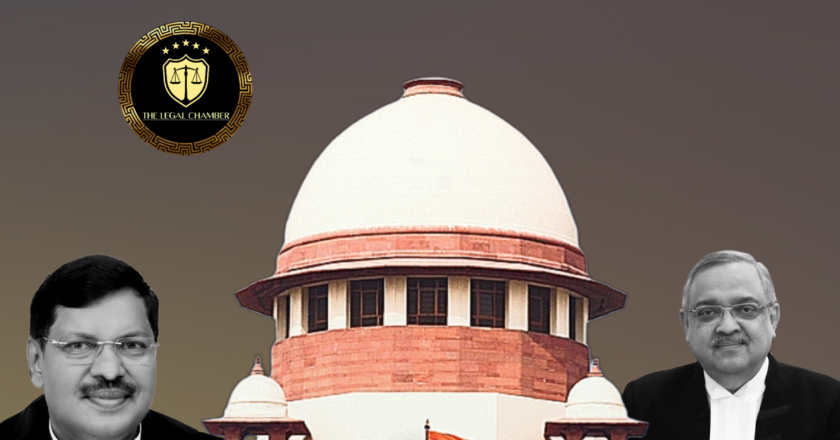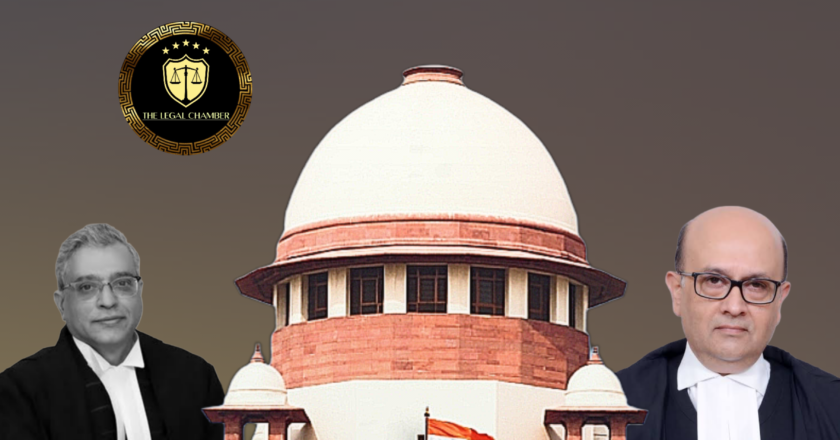Domicile vs. Study: Supreme Court Explains Who Qualifies as a “Local” for Medical Seats
The Supreme Court upheld the constitutional validity of Telangana's rules defining 'local candidates' for medical admissions. It ruled that the classification, based on consecutive years of study/residence within the state, is not arbitrary and falls within the legislative competence under Article 371D, Entry 25 of List III, and the relevant Presidential Order.
Facts Of The Case:
The case originated from challenges to the Telangana Medical & Dental Colleges Admission Rules, 2017, and their 2024 amendment, which defined 'local candidates' eligible for 85% state quota seats. The definition required candidates to have studied in educational institutions within the state for four consecutive years ending with the qualifying examination, or to have resided there for the same period if not...

